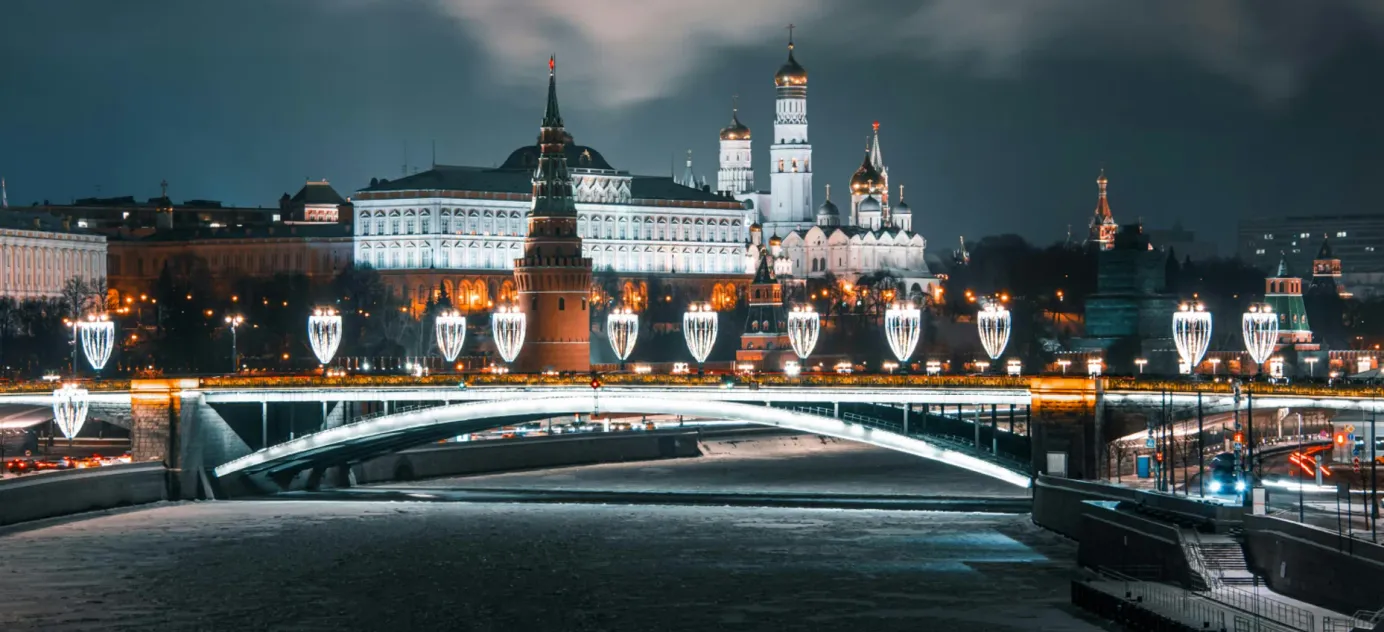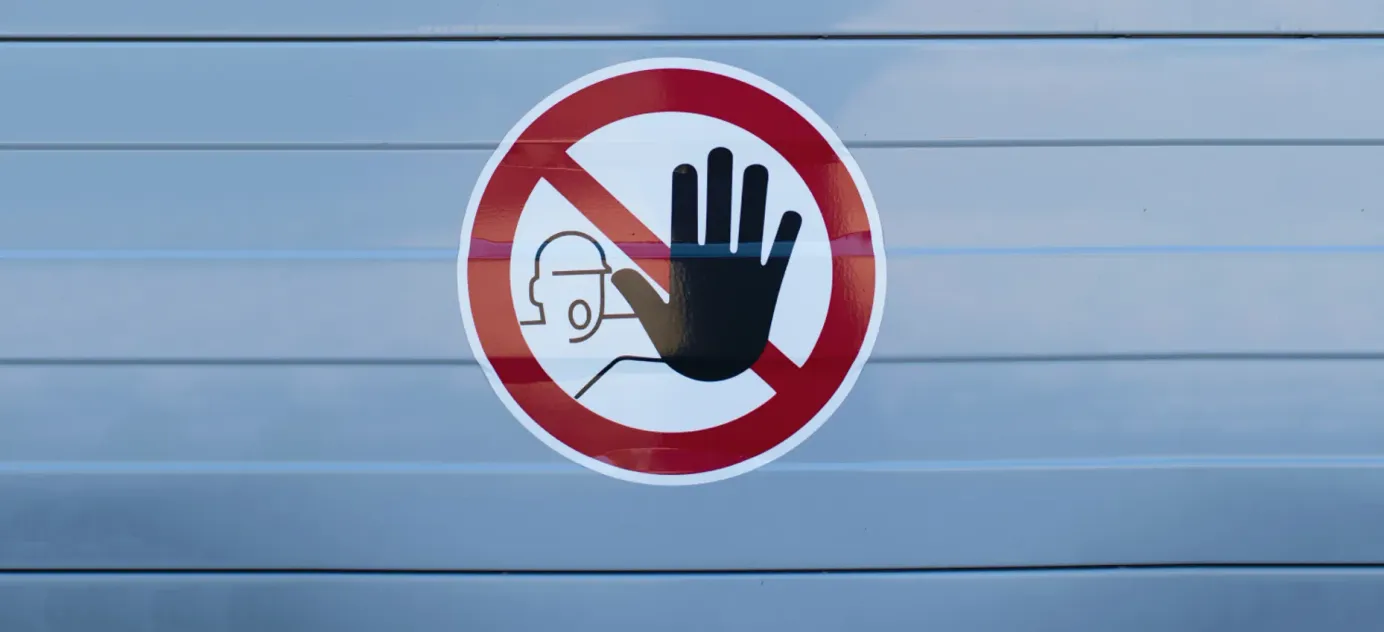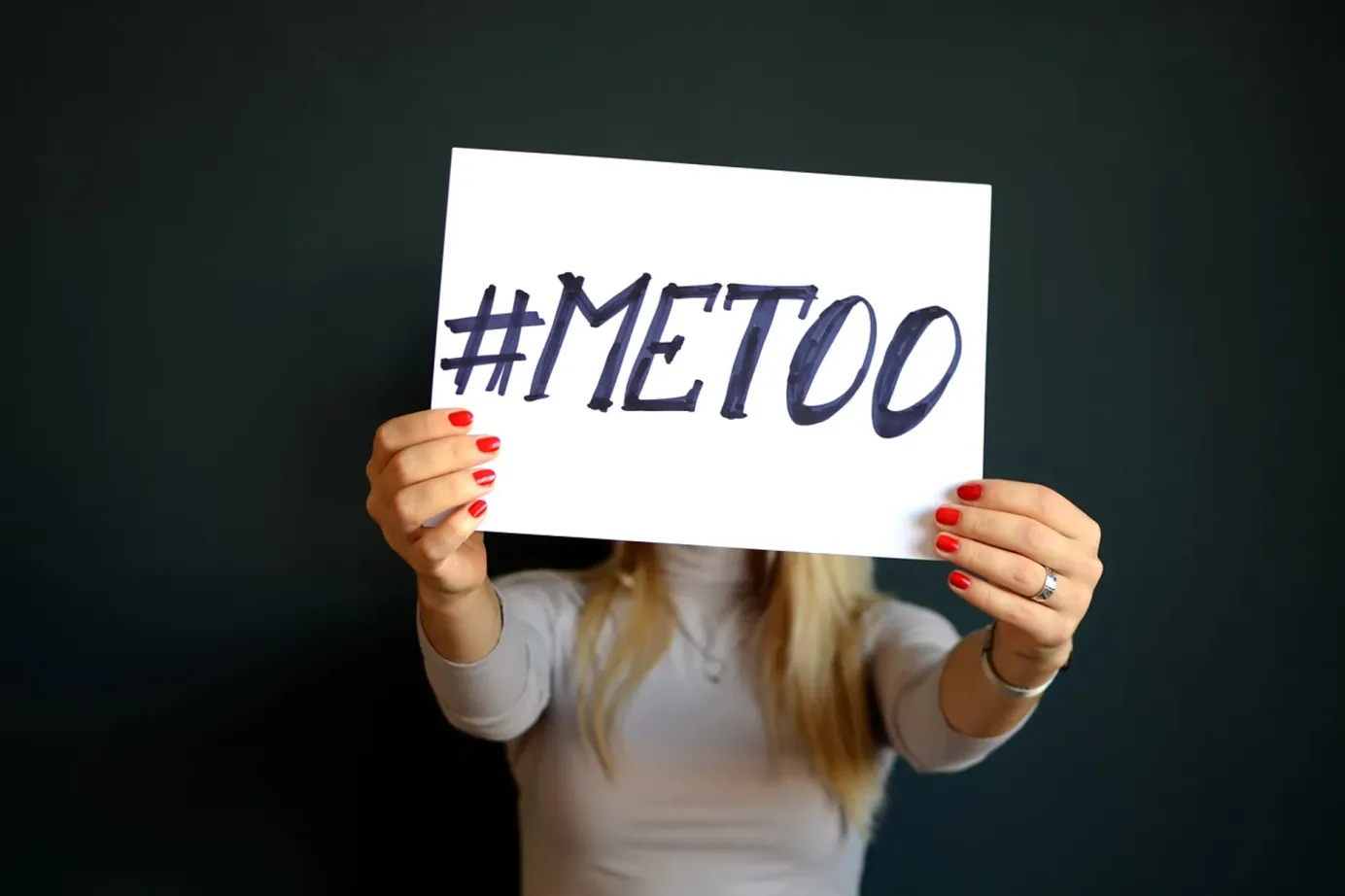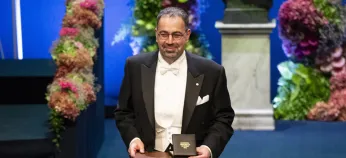
Moscow celebrates after Putin’s conversation with Trump
With officials preparing for Tuesday’s talks with the US in Saudi Arabia, Russian authorities and state media at home can hardly contain their delight over last week’s phone call between Donald Trump and Vladimir Putin. It is unclear how the talks will go, or whether the Putin-Trump relationship will turn sour, but the Kremlin already has a big win — and wants to take maximum advantage of the moment.
Looking forward to negotiations
Events are moving fast. The first high-level talks between Russia and the US since the invasion are set for Tuesday, less than a week since Putin and Trump spoke on the phone. The format of the talks is pretty clear. Trump has namedthe American negotiators: CIA director John Ratcliffe, Secretary of State Marco Rubio, National Security Advisor Michael Waltz, and Special Representative for the Middle East Steve Witkoff (who last week flew to Moscow to collect Marc Fogel, a teacher freed in a prisoner exchange for Russian crypto fraudster Alexander Vinnik). Trump’s special representative for Ukraine, Keith Kellogg is notable by his absence. Political analysts suggest that is because Kellogg will play a part in the US-Ukraine negotiating track. That seems to be the case: Kellogg was present when Volodymyr Zelensky met vice-president Vance in Munich and will travel to Kyiv later this week.
It isn’t yet clear who will represent Russia at all stages of the talks, but sources gave Bloomberg and CNN the same fairly obvious list of candidates that The Bell reported last week: Foreign Intelligence Service chief Sergei Naryshkin, and Putin’s aide on Foreign Affairs, Yury Ushakov. Ushakov and Foreign Minister Sergei Lavrov will take part in the first set of talks in Saudi Arabia, where they touched down late Monday evening.
Kirill Dmitriev, head of the Russian Direct Investment Fund, could also be tapped to maintain unofficial contact with the Americans. This also makes sense: Dmitriev tried to act as a liaison between Moscow and Washington during Trump’s first term. He is no stranger to Putin (his wife, Natalya Popova, went to school with Putin’s daughter, Katerina Tikhonova, and is her deputy at the Innopraktika foundation). He also has good relations with the ruling families in both Saudi Arabia and the UAE, with whom RDIF has done many deals. The Daily Beast reported in 2020 that Dmitriev had managed to establish ties with Jared Kushner, Trump’s son-in-law and an influential member of his team. Two sources told The Bell recently that the RDIF boss has been in contact with the Trump administration for some time, including via Kushner.
The negotiations are set to pave the way for a summit between Trump and Putin which, according to the US president, will happen “very soon”.
What the Kremlin thinks
On an official level, the Kremlin is pleased with Putin’s conversation with Trump. State TV channels and propagandists can barely restrain themselves. The confrontation between Russia and the US has not been forgotten, but it has shifted to the past tense. Russian-American relations, “let’s speak cautiously, have every significant chance of moving into a rational field,” said Dmitry Kiselyov on his flagship Sunday night show, Vesti Nedeli. He and his colleagues are highlighting several narratives:
- The current situation is already a win for Putin. Trump was the one who initiated the call — a logical step, Kiselyov said, given “it wasn’t us who broke off relations.”
- Russia is respected at last. Trump’s tone is seen as very important: the conversation was mutually polite and respectful. “It was immediately clear that this call from Trump had a completely different tone from previous Western leaders who called Putin, like Scholz or Biden. There was no moralizing and certainly no threats,” Kiselyov said, backing up his view with a quote from Trump about how Russia and the US fought together in World War II.
- Putin and Trump are like-minded. “Putin always calls for common sense. All things on which Trump is building his revolution — from banning men from women’s sports and stating the fact that there are only two genders, to support for traditional values and scepticism over the West’s green agenda — he [Putin] was talking about long before Trump,” Kiselyov said.
- Russia and the US will settle the world order among themselves, with Ukraine and Europe isolated and humiliated. “The first conversation between Putin and Trump was a minor earthquake, even a devastating tsunami for America’s European allies,” Kiselyov said. Europe will have to try harder to be allowed to join the negotiations.
Don’t be misled by the triumphant tone of the TV coverage: the Kremlin knows very well that talks won’t be easy and may not deliver any results. But the chance of reaching an agreement exists. Back in early November a Kremlin source told The Bell that the possibility of a deal between Putin and Trump should not be ruled out. “Putin is an opportunist,” the source said at the time. “If an opportunity arises to reach an agreement that doesn’t compromise his world view, he’ll take it.”
The Bell’s source still believes it could be possible to bring an end to the war, although it will be very difficult. First, even if the US offers agreements that are acceptable to Putin, Europe and Ukraine will be opposed. The Americans would have to push through that opposition — which won’t be easy, although Moscow sees it as possible. At the same time, Kyiv will not be allowed to gain any meaningful security guarantees. Neither the US or Europe will sign up to defend Ukraine against a nuclear power, Russia believes. Second, as Putin has said many times, Russia will not agree to a truce until all basic questions that are important to him are resolved: guarantees on Ukraine’s status, the non-expansion of NATO — and much more. Complex multilateral negotiations will take a long time and it isn’t clear whether any interim agreement can be reached to bring about a ceasefire that can hold while more substantial talks take place.
What we already know
Peace talks will be long and hard and their success may depend largely on how far the Americans are prepared to put pressure on Europe. But Putin already has an advantage. The strong coalition between the US and EU in support of Ukraine has effectively ceased to exist — the US president is discussing the fate of the world with him. Meanwhile Russian markets and the ruble are soaringamid optimism that sanctions could be lifted, even though nobody in a position of authority has hinted that sanctions relief is on the table.
Why the world should care
The Kremlin knows full well that talks with Trump might lead nowhere, but the very fact that dialog is taking place, and that Russia is returning to the international stage as a fully-fledged player is a big win which it sees as needing to be trumpeted at home and abroad.





